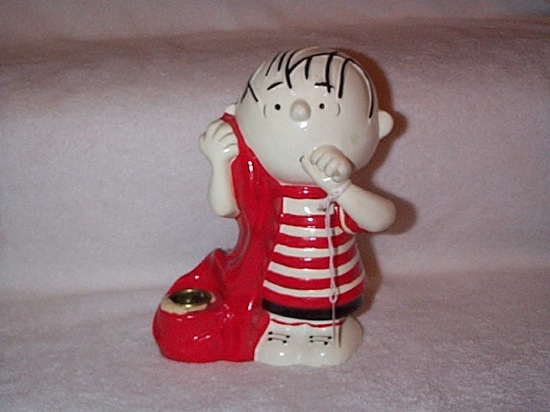
At WIRED SCIENCE, earlier this month, science journalist Jonah Lehrer explained “something important about how the human mind calculates value.”
There’s now suggestive evidence that our faith in the authentic — especially when the authenticity is supported by effective marketing campaigns — is a deep-seated human instinct, which emerges at an extremely early age. Consider a clever experiment led by the psychologists Bruce Hood and Paul Bloom. The scientists tested 43 children between the ages of three and six. The children were shown a “copying machine” […] A ‘‘stretchy man’’ was then placed in the box and the illusion repeated. Interestingly, the young children actually preferred the “duplicate” toy and chose it 62 percent of the time. The kids didn’t worry about the “authenticity” of the stretchy man. But Hood and Bloom didn’t stop there. They also had many of the young kids bring in their “attachment objects,” such as their favorite blanket or stuffed animal. (I still remember losing Johnny, my stuffed penguin, at the tender age of five. Grief.) The scientists then offered to “copy” the object for the kids. Four of the children simply refused — they wouldn’t let their blankie anywhere near that nefarious device. But even those kids who allowed their attachment object to be “copied” almost always refused to see the objects as equivalent. The new duplicate was a bootleg blankie, an ersatz stuffed animal. Even though the children were assured that the objects were identical, they intuitively believed that the copy wasn’t the same. It lacked a history, a bond, a sentimental attachment. It was inauthentic.
The same principle, Lehrer suggests, applies to brands: “The best brands are blankies.”






